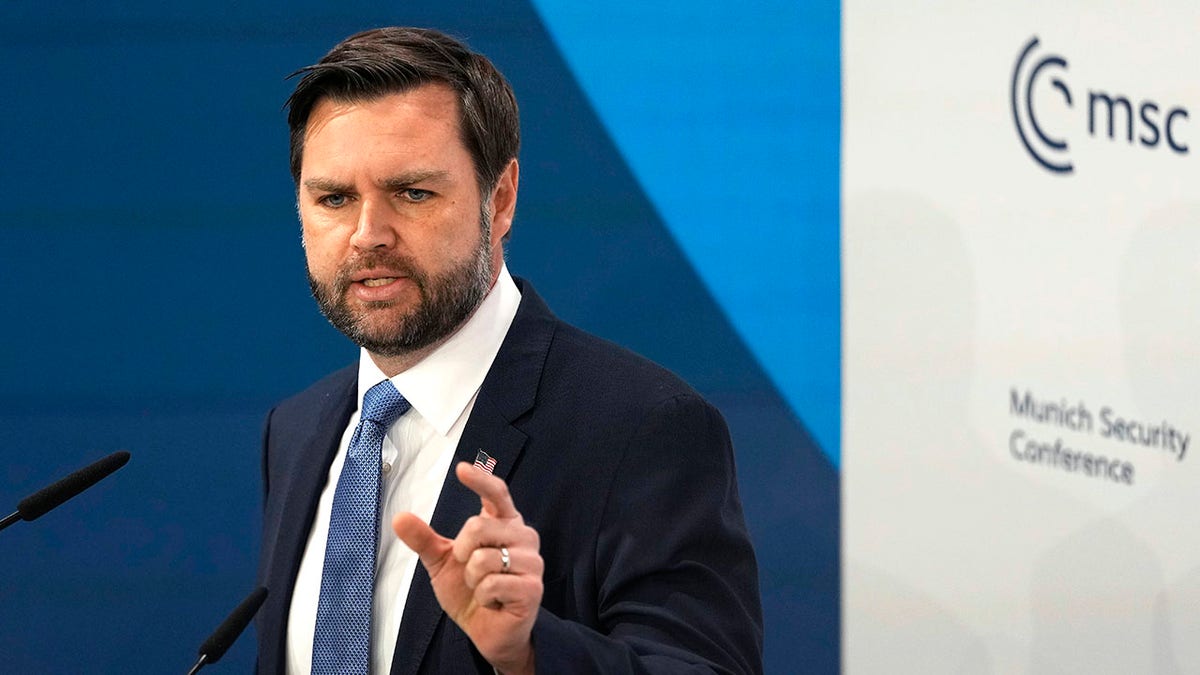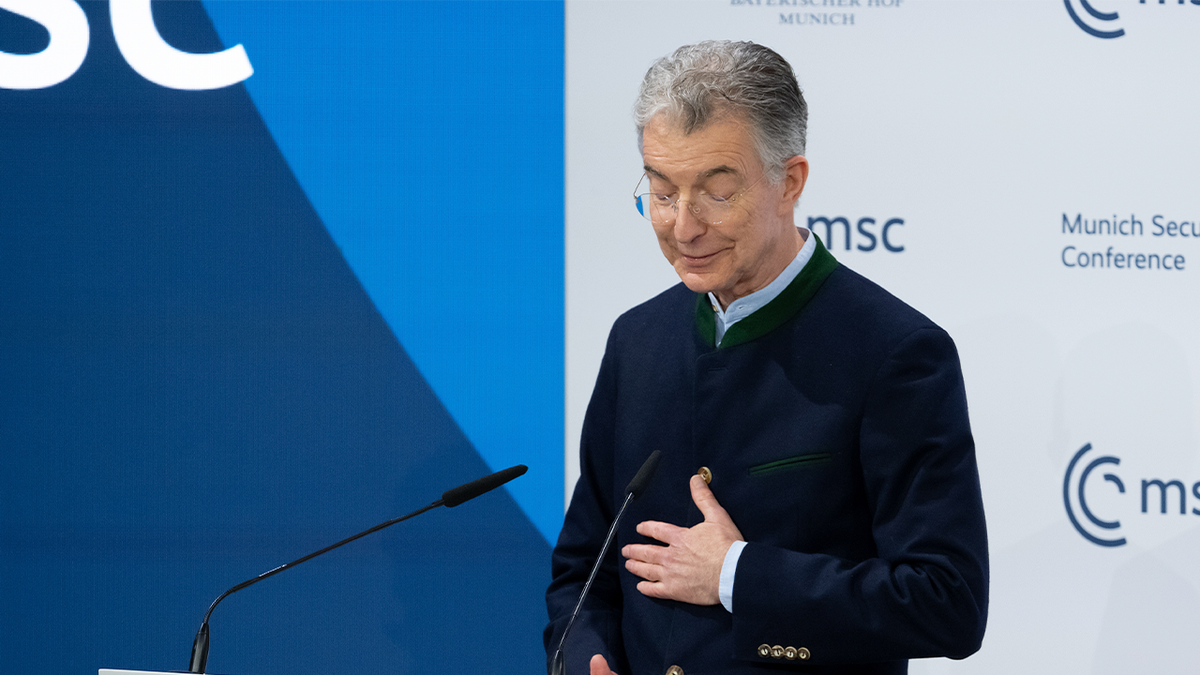European leaders are facing criticism, not primarily for economic woes or political instability, but for their perceived suppression of free speech, a concern recently voiced by U.S. Vice President JD Vance. At the Munich Security Conference, Vance accused European officials of abandoning core democratic principles, highlighting attacks on free speech and potential threats to open elections.
Vance's critique resonates with the challenges faced by some U.S. politicians, where policies on immigration, climate change, and business regulations have sparked voter backlash. In Europe, similar policies have contributed to declining growth and unsustainable welfare systems, fueling public discontent. The rise of right-wing candidates challenging established parties reflects this unease.

As in the U.S., some European governments are responding to this discontent by attempting to control the narrative. Recalling the Biden administration's efforts to address alleged misinformation, Vance pointed to a concerning trend of limiting dissent. He cited the example of a Romanian election being canceled due to claims of Russian interference, arguing that such fragility undermines democratic strength.
Vance also highlighted restrictive speech laws emerging in several European countries. From prohibitions on insulting remarks to restrictions on silent prayer near abortion clinics, these measures raise concerns about the erosion of fundamental freedoms. The case of author J.K. Rowling, facing criticism for her views on transgender issues, exemplifies the potential chilling effect of such laws.

Recent examples further illustrate this trend, including a German police crackdown on online "hate speech" and a Swiss writer's imprisonment for using offensive language. These incidents highlight the growing tension between protecting individuals from harmful speech and preserving the fundamental right to free expression.
While Americans traditionally champion free speech, recent surveys reveal declining support, particularly among younger demographics. Vance's outspoken critique serves as a reminder of the importance of safeguarding these freedoms, both in Europe and at home.
Comments(0)
Top Comments